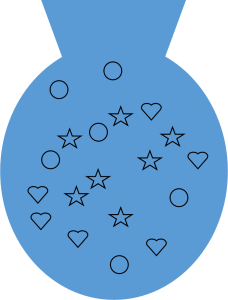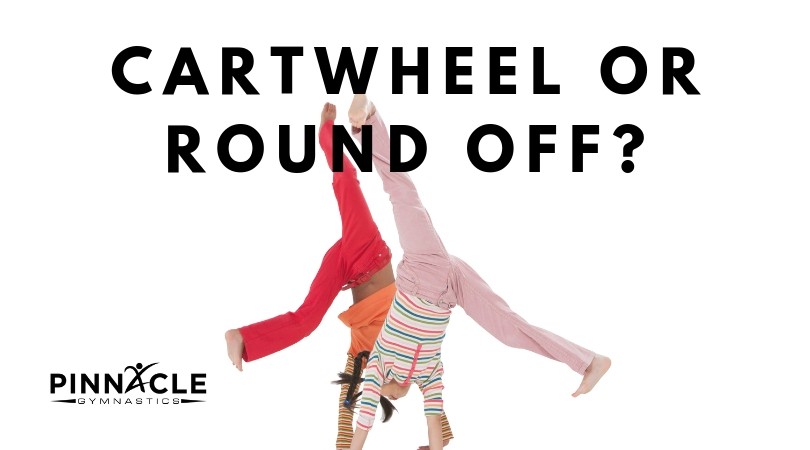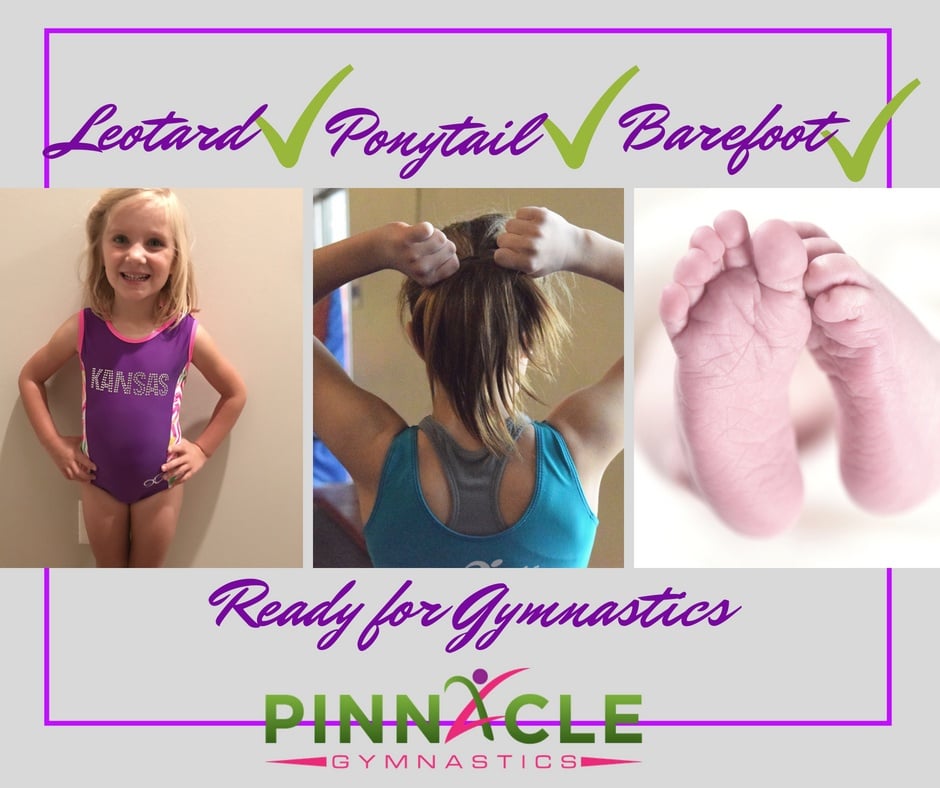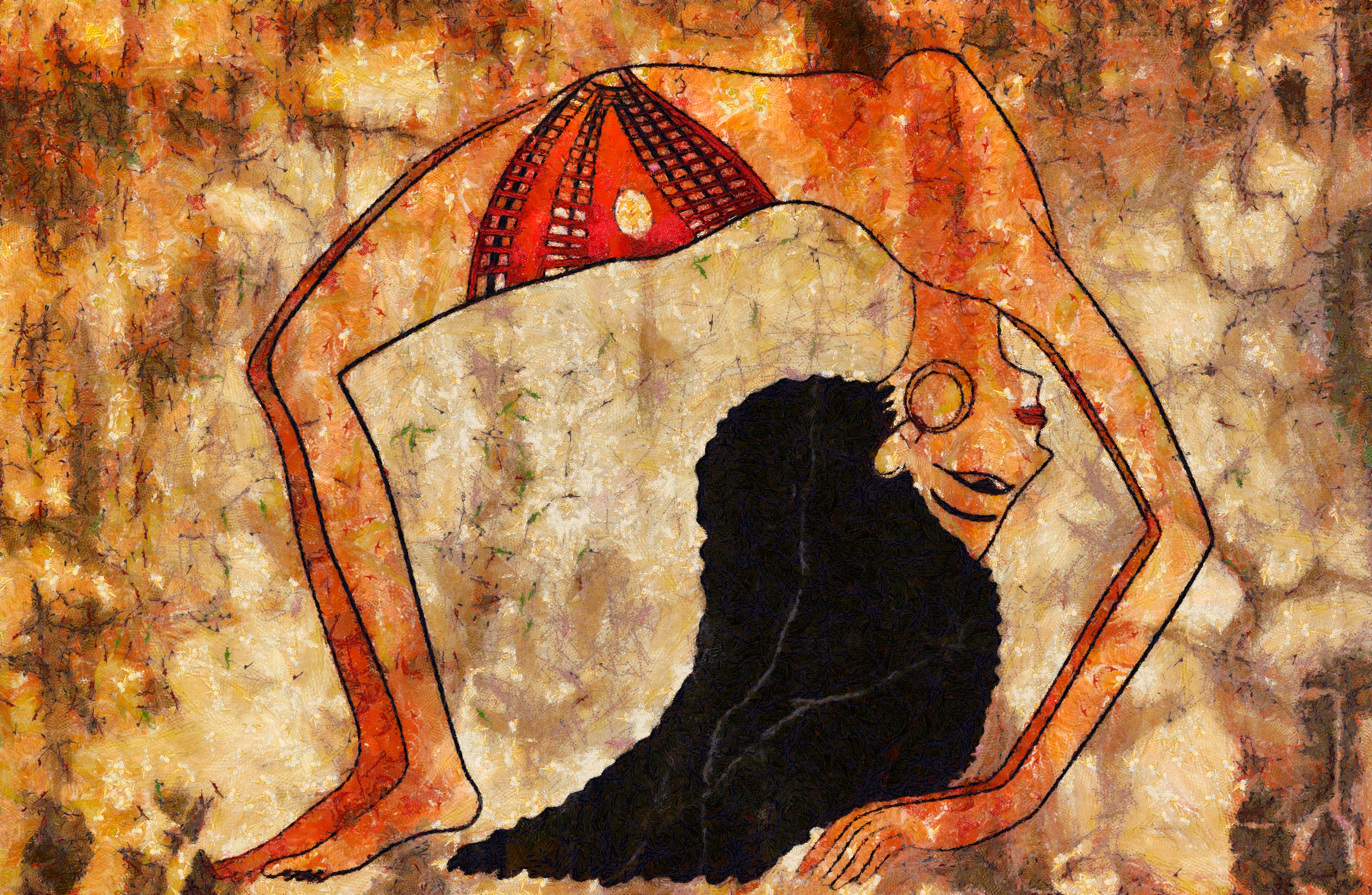Keeping practice entertaining is an important part of coaching. Most kids' activities at the age of 8 last for an hour to an hour and a half and consist of a practice and game each week. Gymnastics is a different beast. I can best explain it as training for four "sports" in one practice: vault, bars, beam, and floor. Thus, our time requirement is much larger than the sport. As for games, our athletes get to compete 5-7 times per year, depending on level, all of which take place between December and March. If you are an upper level athlete, you have the opportunity to qualify for regional and national competitions that extend into May and add up to 2 more competitions.
To prepare for competitions, our athletes practice year round. For example, our level 4 team practices around 150 times per year for 2 1/2 hours each practice to prepare for their 6 competitions. How do you retain athletes with these kind of numbers? You make practice fun!
Most kids enjoy learning new skills. That is a built in "fun" during practice. However, new skills are not learned every day. The are acquired through a variety of drills and skills that lead you to that point. Keeping a variety of drills in your workouts, changing the pattern of your workouts, and bringing high energy all help keep your athletes wanting to come back and learn more. Then, we get to a point in our season when all of the skills have been mostly acquired and we have to work on perfecting routines. This means we have to do routines hundreds and probably thousands of times.
My cure for the routine rut? Games.
I love games that promote a high work ethic while working on the skills and combinations we need most. The number of repetitions my athletes take during "game" time is alarmingly high. Most of the time, just using points or racing to a target is enough sanctification for winning. Here are some of my favorite games to play on bars:
 Bankrupt
Bankrupt
Break into 2-3 teams (or however many your eyes can see at once). On your dry erase board, draw a bank bag. Fill your bank bag with shapes representing skills. Each skill is worth a certain number of points. (ie Circles = Straight arm kips, 1 point, Starts = Cast to horizontal, 2 points, Hearts = Connected first half, 3 points). Start the timer (normally 2-3 minutes). Each athlete takes a turn on the bar and is rewarded a shape for what they completed successfully. The shape is then eliminated out of the bag. The round is over when either the bag is empty or time is up. Then, we repeat with a new set of skills and point values for round 2! Variations: if the timer runs out before the bag is empty, the banker gets the points left inside or the robbers get caught and no points are awarded. Sometimes I bring in my change bag and pay a penny per point.
BINGO
This one takes some preparation. Build a bingo board with a list of skills and drills that are important for your workout that day. Each athletes can select their own BINGO track. This gives athletes the autonomy to select their own workout while getting the skills the coach wants done during the game. Be careful when building the board to make sure the tracks are all relatively the same difficulty!
Candyland
Another one with some prep required, but not too bad. Draw a board game on a dry erase board. Take a pit block and label it like a die (1-6 dots on each side). Athletes take turns rolling to determine where they are going to land on the board. To roll again, they must successfully complete the square they are on. I like to keep things exciting by adding fun squares (do the worm for 30 sec), conditioning stations (hollow hold for 45 sec), and game changers (move forward/backward 2 spaces). This game can change every day and can even be built around the drills and conditioning for one specific skill or portion of the routine.

Most importantly, if you aren't having fun, your athletes probably aren't having fun either. Coming up with new ways to keep workouts interesting is a very rewarding part of coaching. Not every idea will work every time, but trying something new will retain more athletes than repeating the same boring stations every day.
Happy planning and have some fun with your athletes!





